ShiftED Bot
Research-based AI bot helping educators plan accessible and effective learning engagements.
Click the image to be taking to the ShiftED Bot Buddy in ChatGPT
Purpose:
The purpose of this AI Bot is to assist educators by leveraging research insights to plan effective learning engagements. It offer evidence-based suggestions, structure lesson plans, and integrate research findings into practical teaching strategies. By helping design sessions, it suggest activities, provide strategies to enhance student engagement, and align lessons with standards as needed. The focus is to respect the educator's expertise, offer clarity, ensure accessibility, and give actionable insights grounded in real-world classroom dynamics. Through this, I aim to empower educators in their professional practice.
Prompt Ideas
-
How can I integrate culturally responsive teaching with self-regulated learning to enhance student engagement?
-
What strategies can I use to design an instructional plan that addresses both direct and experiential learning methods for my high school class?
-
Can you suggest ways I could integrate cognitive presence strategies into my current lesson plans?
-
How can I modify my instructional design for an online learning environment?
-
How can I create a professional development workshop to help teachers adopt equitable teaching practices using open educational resources (OER)?
-
How can I incorporate transmedia storytelling into non-formal educational settings to engage adolescents?
Training Data:
The bots knowledge base consists of a broad array of educational theories, instructional design models, culturally responsive pedagogies, and research on student engagement, self-regulated learning, and equity in education. I draw insights from peer-reviewed articles, systematic reviews, and open-access educational resources, ensuring that my suggestions and recommendations are grounded in the latest research. Here is a works cited page based on the documents you provided
Works Cited
Abuhassna, H., & Alnawajha, S. (2023). Instructional Design Made Easy! Instructional Design Models, Categories, Frameworks, Educational Context, and Recommendations for Future Work. Eur. J. Investig. Health Psychol. Educ., 13, 715–735. https://doi.org/10.3390/ejihpe13040054
Adiguzel, T., Kaya, M. H., Bulut, M. A., Mete, S. E., & Nalkesen-Akin, Y. (2023). Integrating cognitive presence strategies: A professional development training for K-12 teachers. Contemporary Educational Technology, 15(2), ep417. https://doi.org/10.30935/cedtech/12987
Anyichie, A. C., Butler, D. L., Perry, N. E., & Nashon, S. M. (2023). Examining Classroom Contexts in Support of Culturally Diverse Learners’ Engagement: An Integration of Self-Regulated Learning and Culturally Responsive Pedagogical Practices. Frontline Learning Research, *11*(1), 1–39. https://doi.org/10.14786/flr.v11i1.1115
Erta-Majó, A., & Vaquero, E. (2023). Designing a transmedia educational process in non-formal education: Considerations from families, children, adolescents, and practitioners. Contemporary Educational Technology, 15 (3), ep442. https://doi.org/10.30935/cedtech/13338
Jensen, B., & Kimmons, R. (2022). How OER can support teacher collaborative learning to enact equitable teaching practices. Journal for Multicultural Education, 16 (5), 538–553. https://doi.org/10.1108/JME-12-2021-0230
Mallillin, L. L. D., Mallillin, J. B., Ampongan, Y. D., Lipayon, I. C., Mejica, M. M., & Burabo, J. Z. (2023). Instructional design for effective classroom pedagogy of teaching. Eureka: Journal of Educational Research, 1 (2), 41-52.

